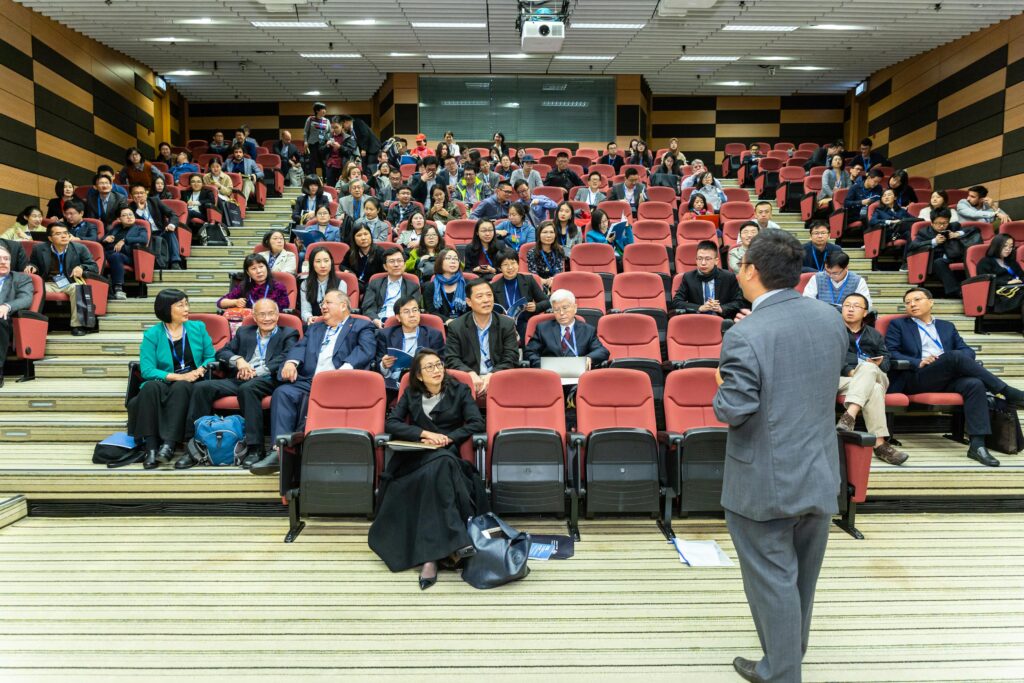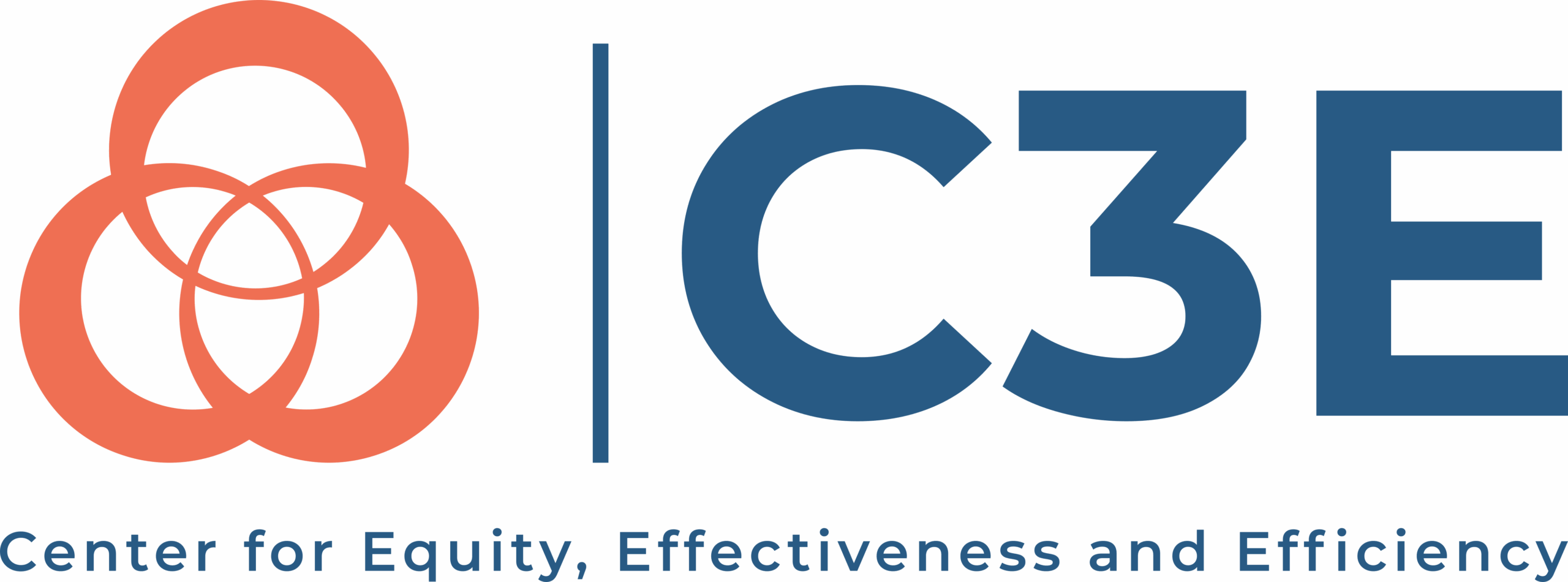Process Change focuses on evaluating and transforming organizational practices and systems to address inequities. Leaders must identify process bottlenecks that perpetuate disparities, redesign them, and ensure equity-driven improvements for all employees. This domain prioritizes transparency and accountability in process evaluations and incorporates continuous feedback loops to refine practices and process flow.
CORE COMPETENCIES:
- Equity Auditing – Conduct process audits to identify inequitable practices within the organization.
- Pilot Project Testing – Implement small-scale projects to test new processes, ensuring they reduce disparities before full implementation.
- Feedback Loops – Establish continuous feedback mechanisms to monitor progress and make necessary adjustments.
- Process Mapping – Identify gaps and barriers in existing workflows and redesign them to promote equitable access.
- Data-Driven Improvements – Use both qualitative and quantitative data to guide improvements and measure their impact.
- Iterative Learning – Continuously refine and test policy changes based on qualitative and quantitative data, feedback, and outcomes.
ESSENTIAL QUESTIONS:
- What existing processes create barriers that reduce access and productivity for employees?
- How do we identify inequities in our current workflows and procedures?
- How do we ensure that process evaluations are inclusive of stakeholder voices?
- What data do we use to track progress and evaluate the impact of process changes?

| AUTHOR OR INSTITUTION | TITLE | ONE SENTENCE DESCRIPTION |
| Aja Couchois Duncan and Pam Sysiuk | Making our People Policies More Equitable, Humane, and Human | Change Elemental focuses on making their people policies more equitable, human, and humane by revising employment categories, expanding benefits, and implementing new initiatives to support team well-being and sustainability. |
| Center for Evaluation Innovation | A Practical Guide to Evaluating Systems Change in a Human Services System Context | Nancy Latham’s “A Practical Guide to Evaluating Systems Change in a Human Services System Context” (2014) offers evaluators a concrete, pragmatic framework for assessing systems change initiatives within human service delivery systems, providing tools and guidance to navigate the complexities of evaluating collaborative efforts and their impacts on systems and individual outcomes. |
| CLEE | The Paseo or Circles of Identity | The “Basics of Conducting Focus Groups” guide, authored by Max and edited by Ian, provides a comprehensive framework for organizing and facilitating focus group sessions to gather rich, qualitative data, outlining steps from preparing and developing questions to planning, facilitating, and following up after the session. |
| Feldman, S., and Winchester, I. | Racial-equity policy as leadership practice: using social practice theory to analyze policy as practice | Sue Feldman and Ilana Winchester’s 2015 paper in the International Journal of Multicultural Education (Vol. 17, No. 1) titled “Racial-Equity Policy as Leadership Practice: Using Social Practice Theory to Analyze Policy as Practice” examines the disconnection between education policy and leadership practice by proposing social practice theory as a tool for educational leaders to bridge this gap, using Oregon as a case study to highlight the relationship between equity-policy design and leadership practice. |
| Foster, Kesi | How to Build Multiracial Democracy at the Local Level | The article discusses how co-governance, a collaborative approach where local authorities share decision-making power with community groups, is a powerful strategy for building multiracial democracy and addressing systemic issues at the local level. |
| Great Lakes Institute | Policy Equity Analysis Tool | The Policy Equity Analysis Tool, created by the Great Lakes Equity Center, provides a framework for critically examining educational policies to ensure they promote equity, are legally compliant, research-based, responsive to context, efficient, educative, and accountable. |
| Lynn Bachelor and Margaret Grieve | Community Development Storymap Evaluation and Legend | NeighborWorks America’s “Community Development Evaluation Storymap” (2006) provides a structured, visual framework to guide community-based organizations, funders, and intermediaries in evaluating capacity, performance, and outcomes to strengthen organizations and communities. |
| McNamara, Carter | Checklist for Program Evaluation Planning | This checklist for planning program evaluations outlines steps such as identifying the organization and program, defining the evaluation’s purpose, specifying the target audience, determining the needed information, selecting the evaluation type, and detailing practical data collection methods. |
| National Education Policy Center | Recasting Families and Communities as Co-designers of Education in Tumultuous Times | “Recasting Families and Communities as Co-Designers of Education in Tumultuous Times” is a comprehensive study led by Ann M. Ishimaru and colleagues from various universities, highlighting the crucial role of families and communities, particularly those from marginalized groups, in collaboratively transforming educational systems to ensure equity and justice. |
| National Equity Project | Identifying an Equity Challenge | The Dalmau Network Group’s tool, available at www.dalmau.com, assists teams in identifying and addressing equity challenges in schools or organizations by exploring root causes, impact, and strategies for improvement. |
| National Equity Project | Liberatory Design | The Liberatory Design toolkit, developed by the National Equity Project, is an equity-centered approach that combines design thinking with complex systems theory to help teams and organizations address systemic inequities through creative collaboration, emphasizing the meaningful participation of those impacted by inequity and guiding users with mindsets and modes designed to foster transformative and inclusive solutions. |
| National Equity Project | Listening Campaign Example | The National Equity Project’s three-day listening campaign with 14 leaders in X Location revealed a community committed to addressing social issues but facing significant challenges, including trust, collaboration, and unresolved systemic inequities. |
| National Gender and Equity Campaign | Building Organizational Capacity for Social Justice | The National Gender & Equity Campaign, a project of Asian Americans/Pacific Islanders in Philanthropy, developed a capacity-building framework and tools designed to enhance the effectiveness and sustainability of social justice organizations by aligning their values, strategies, and structures with their long-term goals. |
| powell, j.a. | Post-racialism or targeted universalism | john a. powell’s article “Post-Racialism or Targeted Universalism” in the Denver Law Review explores the concept of racialization and argues for targeted universalism as a more effective approach to address systemic racial inequalities, contrasting it with the idea of a post-racial society. |
| Restorative Justice Project | Resource Guide to Power Mapping | The guide, adapted from materials by Wellstone, The Texas Freedom Education Fund, and Strategic Concepts in Policy and Education, provides a framework for understanding and addressing power dynamics in the socio-political environment. It emphasizes the importance of power mapping in restorative justice practices to create equitable power distribution and foster community building. |
| Steven Jacobs | The Use of Participatory Action Research within Education- Benefits to Stakeholders | “The Use of Participatory Action Research within Education: Benefits to Stakeholders” by Steven Jacobs, published in the World Journal of Education (Vol. 6, No. 3, 2016), explores the history and characteristics of Participatory Action Research (PAR) and its application in educational environments, highlighting the benefits to teachers, students, and other stakeholders involved in PAR projects. |

